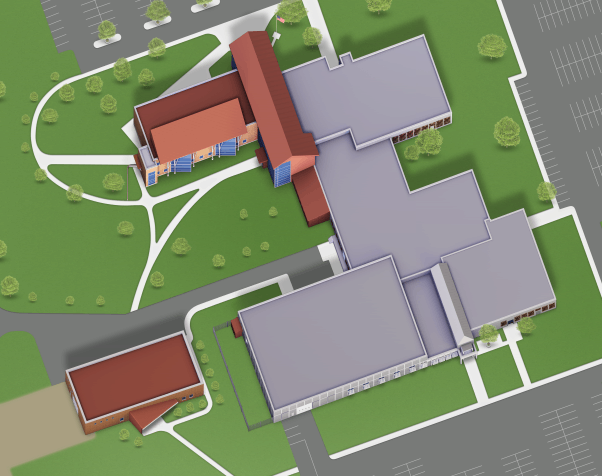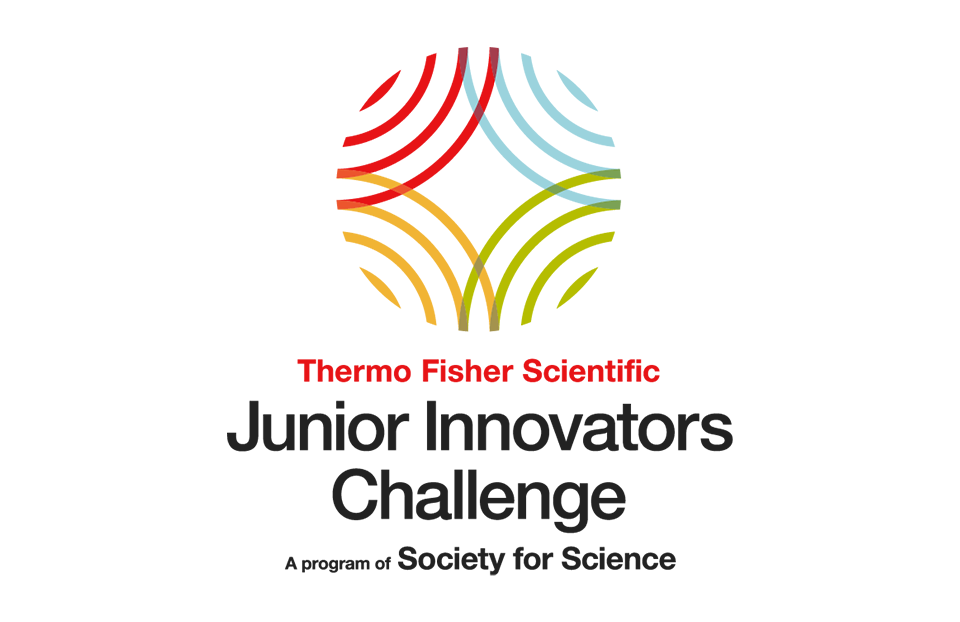Who Can Enter the Middle School Science Fair Competition?
All students from grades 6-8 in our seven-county region are invited to enter the science fair competition. Students compete for trips, cash prizes, and awards. Please see the Great Falls College MSU Reginal Science & Engineering Fair Handbook for more information.
What You Need to Know Before Starting a Project
All students are strongly encouraged to complete ISEF's Rules Wizard with a teacher or mentor before beginning a science fair project. Before experimentation begins, the Great Falls College MSU Regional Science & Engineering Fair Institutional Review Board (IRB) or Scientific Review Committee (SRC) must review and approve most projects involving human participants; vertebrate animals; potentially hazardous biological agents; and hazardous chemicals, activities, or devices.
Note: If a project involves the testing of a student designed invention, prototype, or concept by a human, an IRB review and approval may be required prior to experimentation.
Please expect three to five working days for the local IRB/SRC to review your submission.
Please review the following ISEF Rules:
- Human Participants
- Vertebrate Animals
- Potentially Hazardous Biological Agents
- Hazardous Chemicals, Activities, or Devices
Submit your project Research Plan for review when you register for your fair. Below is a Sample Research Plan for your reference. If you have any IRB/SRC technical questions contact Leanne Frost at leanne.frost@gfcmsu.edu.
Middle School Rules
Before experimentation begins, the Great Falls College MSU Regional Science & Engineering Fair Institutional Review Board (IRB) or Scientific Review Committee (SRC) must review and approve most projects involving human participants; vertebrate animals; potentially hazardous biological agents; and hazardous chemicals, activities, or devices.
Submit the following form prior to project start: Assessment of Risk & Project Approval
Teams are limited to 3 members.
Note: If a project involves the testing of a student designed invention, prototype, or concept by a human, an IRB review and approval may be required prior to experimentation.
Please expect three to five working days for the local IRB/SRC to review your submission.
Please review the following ISEF Rules:
- Human Participants
- Vertebrate Animals
- Potentially Hazardous Biological Agents
- Hazardous Chemicals, Activities, or Devices
Submit your project Research Plan for review when you register for your fair. Below is a Sample Research Plan for your reference. If you have any IRB/SRC techinical questions contact Leanne Frost at leanne.frost@gfcmsu.edu.
Project Display Rules
Maximum Size of Project:
- Depth (front to back): 30 inches
- Width (side to side): 48 inches
- Height (floor to top): 108 inches (assuming a table 36" high)
In line with ISEF Safety Rules, displays at the fair may not include the following:
- Living organisms, including plants
- Glass
- Soil, sand, rock, cement and/or waste samples, even if permanently encased in a slab of acrylic
- Taxidermy specimens or parts
- Preserved vertebrate or invertebrate animals
- Human or animal food
- Human/animal parts or body fluids (for example, blood, urine)
- Plant materials (living, dead, or preserved) that are in their raw, unprocessed, or non-manufactured state
- All chemicals including water. Absolutely no liquids can be utilized in the Project Display.
- All hazardous substances or devices (Example: poisons, drugs, firearms, weapons, ammunition, reloading devices, grease/oil and sublimating solids such as dry ice)
- Items that may have contained or been in contact with hazardous chemicals (Exception: Item may be permitted if professionally cleaned and document for such cleaning is available). Filters (including microbial) may not be displayed unless the Display & Safety Committee can reasonably determine that the device was cleaned or was never used (please include receipts in your notebooks and/or logbooks).
- Sharp items (for example, syringes, needles, pipettes, knives)
- Flames and highly flammable materials
- Batteries with open-top cells or wet cells
- Drones or any flight-capable apparatus unless the propulsion power source is removed
- 3D Printers unless the power source is removed
- Inadequately insulated apparatus capable of producing dangerous temperatures are not permitted
- Any apparatus with belts, pulleys, chains, or moving parts with tension or pinch points that are not appropriately shielded
- Any display items that are deemed distracting (i.e. sounds, lights, odors, etc.)
- Personal items or packaging materials stored underneath the booth
- Any apparatus deemed unsafe by the Scientific Review Committee, the Display and Safety
Committee, or Society for Science & the Public (Example: large vacuum tubes or dangerous
ray-generating devices, empty tanks that previously contained combustible liquids
or gases, pressurized tanks, etc.

 Welcome to Great Falls College MSU
Welcome to Great Falls College MSU




